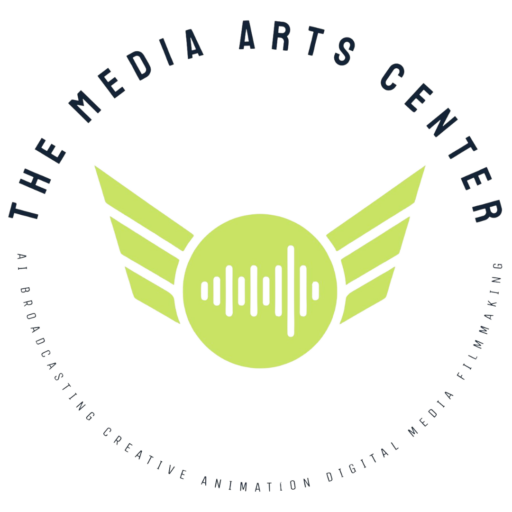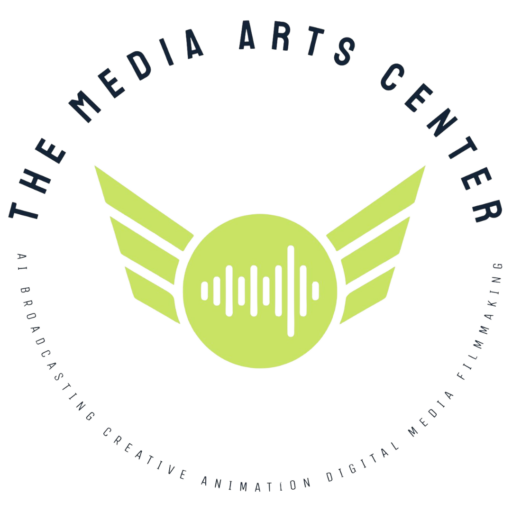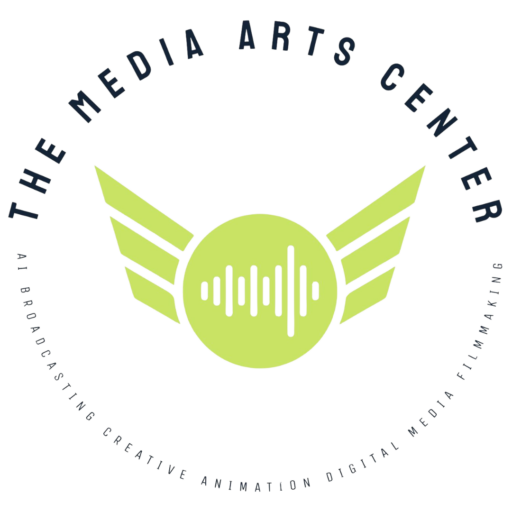Skills for life money work fun
HFA & ASD Program Onsite
Program Structure:
- Duration: 24 classes + 108 lab hours – 180 total session hours
- Format: Interactive classroom sessions with a mix of lectures, discussions, case studies, guest speakers, and project work. Emphasis on peer learning and sharing.
- Courses: 4 core courses, 6 classes each on Mondays and Wednesdays
- Start Date: August 13th
- End Date: November 12th
- Time: 12pm – 3pm | Tue + Thu
Cost of tuition
Learn more about the program offering and the cost of tuition in the school catalog:
Course Description: Students will develop a comprehensive approach to communication, learning how to read body language, start meaningful conversations, write professional emails, and speak confidently in public.
- Classes:
- Class 1: Understanding Non-Verbal Cues: Exploring the science of body language, facial expressions, and unconscious signals in human interaction.
- Project: Create animated videos demonstrating emotions.
- Class 2: Building Conversations: Learning techniques for initiating, sustaining, and deepening meaningful dialogues across various contexts.
- Project: Role-play using AI chatbots for practice.
- Class 3: Public Speaking Basics: Mastering essential techniques for overcoming nervousness, structuring talks, and engaging audiences effectively.
- Project: Record a short broadcast segment.
- Class 4: Digital Communication: Understanding principles of clear, professional, and effective written communication across modern platforms.
- Project: Create a digital newsletter using AI tools.
- Class 5: Storytelling for Connection: Harnessing narrative techniques to create emotional resonance and memorable messaging.
- Project: Craft and film a personal narrative using digital storytelling techniques.
- Class 6: Presentation Design: Integrating visual elements, data, and multimedia to enhance communication impact.
- Project: Create a multimedia presentation incorporating visual communication principles.
- Class 1: Understanding Non-Verbal Cues: Exploring the science of body language, facial expressions, and unconscious signals in human interaction.
- Classes:
Course Description: Understanding money becomes practical and approachable through learning how financial systems work, creating realistic budgets, practicing safe online banking, and developing strategies for future financial planning.
- Classes:
- Class 7: Understanding Money: Exploring currency systems, financial institutions, and the psychology behind spending and saving behaviors.
- Project: Use gamified apps to simulate spending and saving.
- Class 8: Budgeting Essentials: Learning practical methods for tracking income, managing expenses, and aligning spending with personal values and goals.
- Project: Plan a virtual shopping trip using AI tools.
- Class 9: Banking & Online Safety: Understanding financial account management, security protocols, and protection strategies against digital fraud.
- Project: Simulate setting up a virtual bank account.
- Class 10: Future Planning: Developing strategies for long-term financial goals, including investments, retirement, and major life purchases.
- Project: Create a visual plan using animation tools.
- Class 11: Digital Currencies: Examining blockchain technology, cryptocurrency fundamentals, and the evolving landscape of digital financial transactions.
- Project: Design a presentation with information about online services and digital currencies.
- Class 12: Financial Decision-Making: Applying critical thinking and analytical skills to complex financial choices and risk assessment.
- Project: Create scenario-based simulations for financial choices using interactive tools.
- Class 7: Understanding Money: Exploring currency systems, financial institutions, and the psychology behind spending and saving behaviors.
- Classes:
Course Description: Humor becomes a powerful tool for connection as students learn to create and tell jokes, understand visual comedy, and navigate social interactions with confidence.
- Classes:
- Class 13: Understanding Humor: Exploring the psychology and science behind what makes people laugh, including timing, surprise, and emotional release mechanisms.
- Project: Create one liners, practice and illustrate them.
- Class 14: Visual Humor: Examining the principles of visual comedy through cartoons, physical comedy, and digital media expressions.
- Project: Illustrate a comic strip or meme using free online tools
- Class 15: Joke-Telling Skills: Mastering delivery techniques, timing, facial expressions, and adaptability for effective humor communication.
- Project: Practice humor using analytical techniques.
- Class 16: Social Humor: Learning to use humor appropriately to build relationships, defuse tension, and navigate diverse social settings.
- Project: Plan and deliver several comedy scenarios.
- Class 17: Digital Comedy Creation: Understanding how humor translates across digital platforms and developing skills for creating engaging comedic content online.
- Project: Produce a short comedy sketch using digital media tools and basic editing techniques.
- Class 18: Cultural Humor Exploration: Investigating how humor varies across cultures, generations, and contexts while developing sensitivity to diverse perspectives.
- Project: Research and present examples of humor across different cultures, creating an interactive digital showcase.
- Class 13: Understanding Humor: Exploring the psychology and science behind what makes people laugh, including timing, surprise, and emotional release mechanisms.
- Classes:
Course Description: Students explore emotional intelligence by learning to recognize and manage their own emotions, develop stress management techniques, resolve conflicts peacefully, and build personal resilience.
- Classes:
- Class 19: Recognizing Emotions: Understanding the science of emotions, developing self-awareness, and learning to identify emotional states in yourself and others.
- Project: Produce a short clip identifying emotions in yourself and others.
- Class 20: Stress Management Techniques: Exploring evidence-based approaches to managing stress, including mindfulness, physical activity, and cognitive reframing.
- Project: Animate a calming scene with soothing music tracks.
- Class 21: Conflict Resolution: Developing communication strategies, active listening skills, and problem-solving approaches for navigating interpersonal challenges.
- Project: Role-play scenarios using AI.
- Class 22: Building Resilience: Understanding the components of emotional resilience and developing practical skills for bouncing back from setbacks.
- Project: Film a motivational video sharing personal strengths and goals.
- Class 23: Emotional Storytelling: Learning to express and process emotions through narrative techniques and creative digital expression.
- Project: Create a digital narrative exploring emotional intelligence through visual storytelling.
- Class 24: Community Connection: Applying emotional intelligence skills to build stronger relationships and foster supportive communities.
- Project: Design a collaborative digital project promoting emotional awareness within a community context.
- Class 19: Recognizing Emotions: Understanding the science of emotions, developing self-awareness, and learning to identify emotional states in yourself and others.
- Classes:
Key Outcomes:
Gain practical skills in communication, money management, daily living, and emotional regulation.
Engage actively through AI tools, animations, and creative projects.
Leave each class having learned something new, completed an engaging activity, and feeling confident about their abilities.
Lab Workshops
Hands on learning professional equipment industry software assignments workflows recording studios
Feel right at home inside a recording booth, directing a film shoot or opening professional edition software. Practice on campus guided by professional instructors and master the skills needed to succeed in today’s media industries.
- In person, on campus.
- Guided learning with expert instructors.
- Professional equipment available.
- Work on your assignments at the studio.
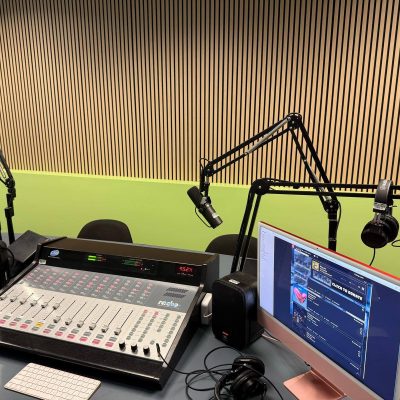
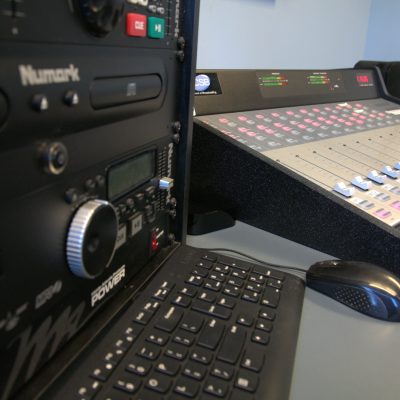

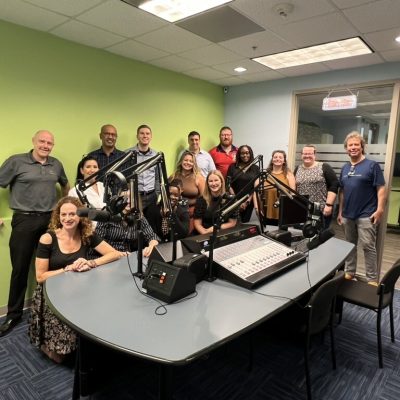
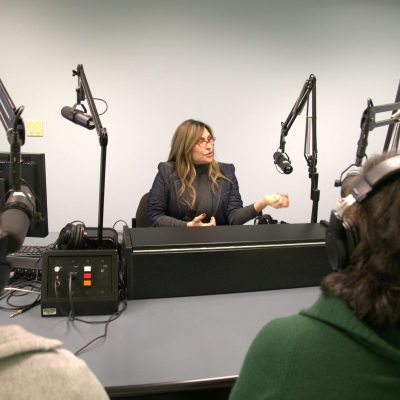



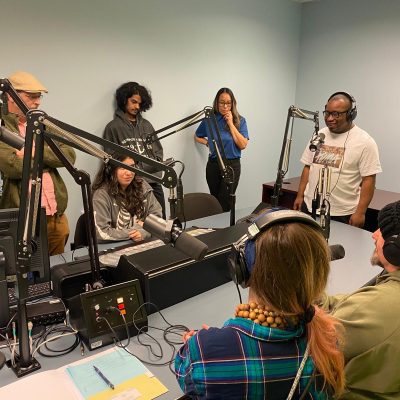
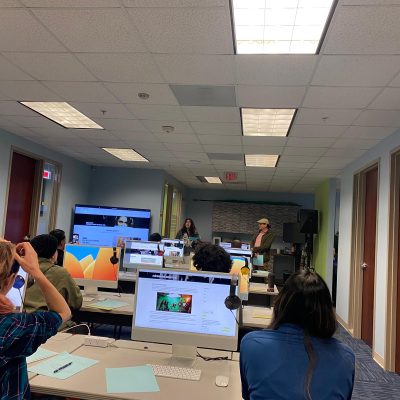
Campus Tour
Schedule an in person tour and get a first person look at the classrooms and equipment.
Single Course
6 classes-
1 month duration
-
Choose from any program
-
Access to Lab and Workshops
-
Online content access
Full Program
24 classes-
3 month duration
-
Full program syllabus
-
Access to Lab and Workshops
-
Online content access
Capstone Program
96 classes-
12 month duration
-
Four program syllabus
-
Access to Lab and Workshops
-
Online content access


